World of research
In this category you find articles from the world of research, insightful columns written by researchers and interesting interviews with experts. ELM Magazine presents research in an understandable and accessible way.

I argue: Learner-centred pedagogies about AI can be intellectually oppressive
In ELM’s “I argue” series, Hugo-Henrik Hachem from Linköping University questions the emphasis on promoting critical thinking through learner-centred approaches to artificial intelligence (AI) literacy. He argues for an AI-centred pedagogy that shifts the pedagogical focus from students’ levels of thinking about AI (critical or naïve) to their attention and motivation to study AI.

Lorenz Lassnigg: Research and practice: A difficult bridge
”Political practices must be included endogenously in attempts to understand the research-practice relationship in adult education,” argues Dr. Lorenz Lassnigg, senior researcher at the Institute for Advanced Studies in Vienna. In his column, he examines the elements for bridging the gap between research and practice.

Barros: “Poor working conditions in academia hinder the integration of research and policy”
Why does cooperation between researchers and policymakers remain at a standstill in Portugal? “Because of the lack of recognition and improvement in the working conditions of scientists,” replies Rosanna Barros of the University of Algarve. What solutions does Barros propose?

Research and practice: Equal collaboration can lead to relevant research
“A trusting, eye-to-eye dialogue is needed for fruitful collaboration between research and practice,” says Sonja Muders of the German Institute for Adult Education. Amid divergent languages and priorities, how can that be achieved?
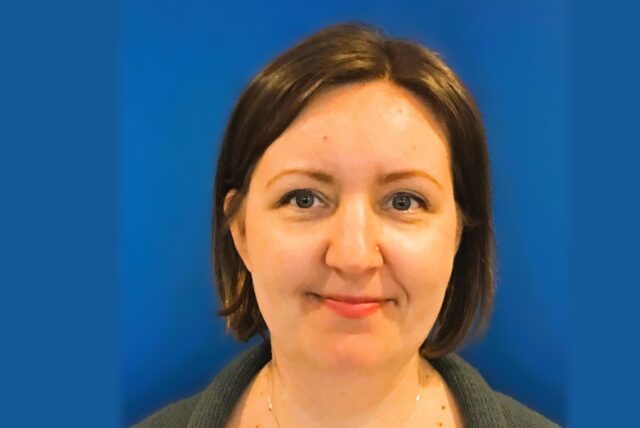
I argue: Structured interactions are vital in research-practice partnerships
In ELM’s "I argue" series, Finnish post-doctoral researcher Hanna Reinius states that research-practice partnerships are pivotal for bridging the gap between empirical inquiry and practical development work. However, to be successful, they require careful planning of interactions between practitioners and researchers.
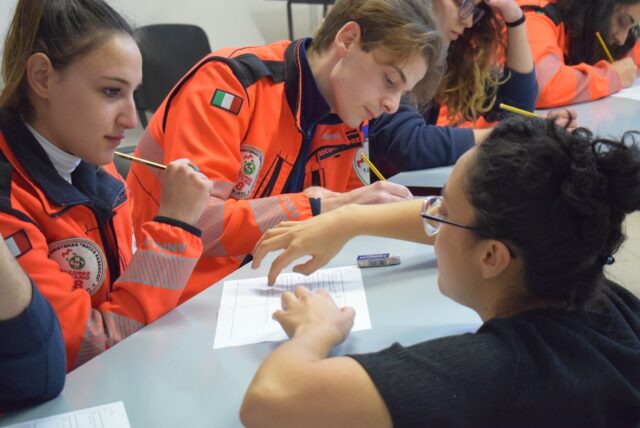
Research and community-based learning against rural shrinking
The KiNESIS project shows how research can change the course of rural shrinking. It also shows the value of real-life experience of students and the transformative power of communities.
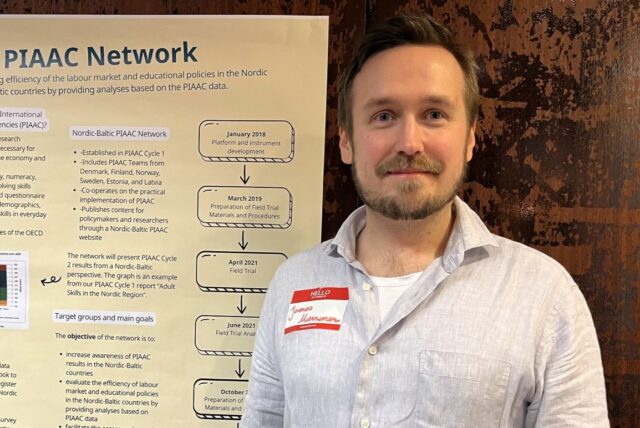
Transforming PIAAC results into action: On what to focus
The 2023 Survey of Adult Skills, the OECD’s International Assessment of Adult Competencies on literacy, numeracy and problem-solving skills, paints a polarised picture between high- and low-performing countries. Data reveals a pressing need for policymakers to focus on lifelong and life-wide learning to ensure that education is more adaptive to evolving demands.
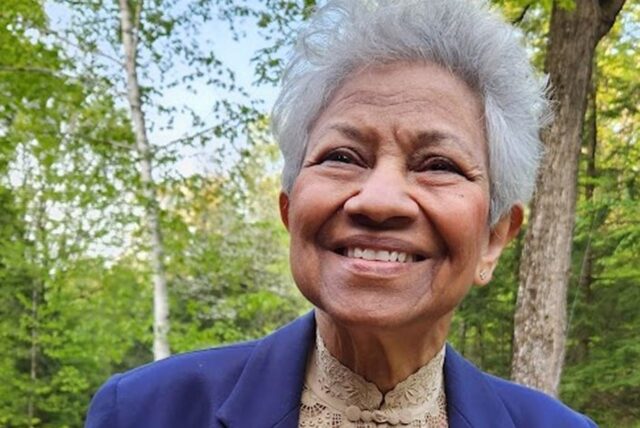
I argue: The Covid years reiterated the importance of lifelong learning
In ELM’s "I argue" series, Dr. Satya Brink, a Canadian researcher, states that the negative social impacts of the Covid years on disadvantaged and older adults could have been mitigated by lifelong learning.
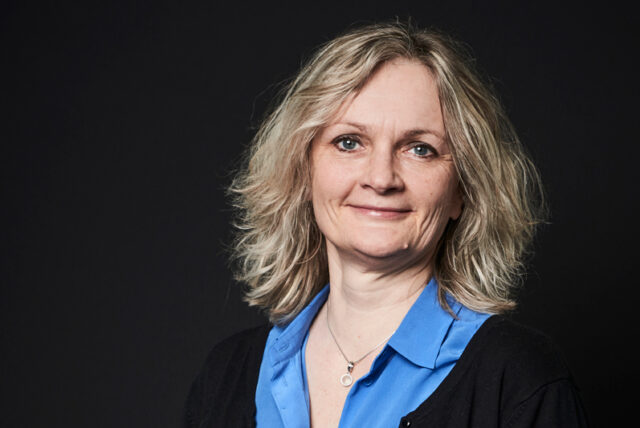
I argue: Visuals play a crucial role in digital learning
In ELM’s "I argue" series, Professor Mie Buhl asserts that visuals are highly influential in digital learning environments, profoundly impacting cognitive development and social capacity within learning practices. The new series of columns, "I argue," features texts written by researchers, each presenting a well-argued statement on a topic of their research.
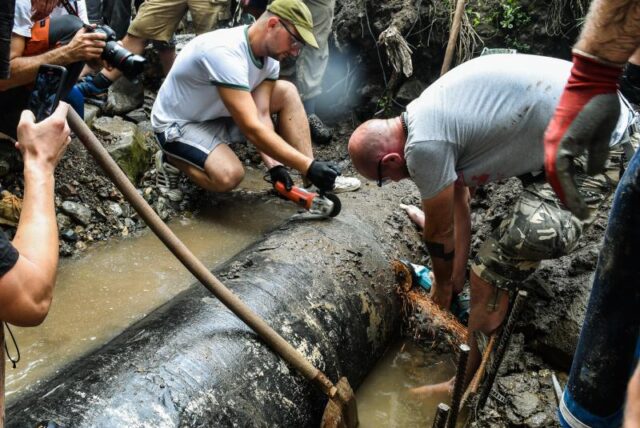
Protests as learning labs to increase adults’ ecological awareness
Combining their academic background and activism experience, Professor Violeta Orlovic and research associate Milica Marušić studied how environmental protests in Serbia became learning opportunities for activists and citizens. One of the benefits was the possibility to build citizenship identity.




